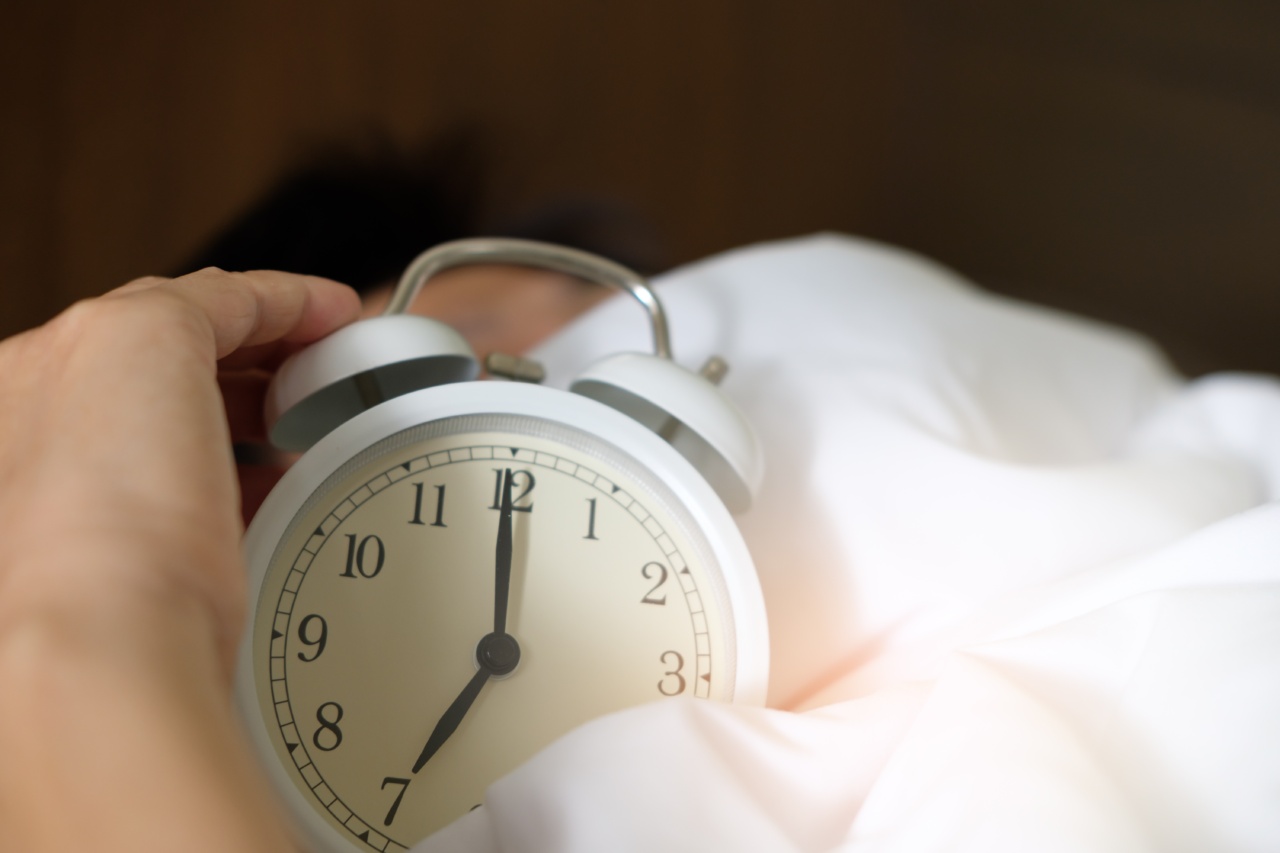Alarm clocks are commonly used devices that have existed for over a century. Usually, alarm clocks come in the form of a clock or mobile phone application that emits a sound or vibration to wake you up at a specific time.
However, not everyone reacts to morning alarms the same way. Some people wake up feeling energized and refreshed, while others feel groggy and disoriented. In this article, we will explore how different types of alarm clocks work and how they can impact your productivity.
: The Mechanics
The most common types of alarm clocks are digital and analog clocks. Digital clocks have a built-in sound system and a range of alarm options, including music, beeps, or nature sounds.
Analog clocks, on the other hand, typically use a bell or a beeper to generate sound. There are also specialized alarm clocks that offer more personalized features, such as wake-up lights that simulate natural sunlight to wake you up gradually.
: The Impact on Sleep
Your alarm clock plays a significant role in determining the quality of your sleep. Waking up to a loud and jarring alarm can cause a spike in your stress hormones, such as cortisol and adrenaline.
This, in turn, can lead to feelings of anxiety, irritability, and fatigue, which can negatively impact your productivity throughout the day. Therefore, it is essential to choose an alarm clock that suits your body’s natural rhythms and sleep patterns.
: The Importance of Consistency
Consistency is key when it comes to waking up feeling rested and alert. Your body’s natural clock, or circadian rhythm, is a complex system that regulates your sleep-wake cycle.
When your sleep pattern is disrupted, the impact can be felt for several days, affecting your energy levels and cognitive function. Therefore, it is crucial to use an alarm clock every day, even on weekends, to maintain a consistent sleep schedule.
: Choosing the Right Alarm
When selecting an alarm clock, there are several factors to consider:.
- Noise level: Choose an alarm that is loud enough to wake you up, but not so loud that it startles you awake.
- Type of sound: Consider choosing an alarm that plays calming, pleasant sounds, such as gentle music or nature sounds, rather than a harsh, jarring beep or buzz.
- Wake-up light: If you struggle to wake up to a traditional alarm, a specialized wake-up light that simulates natural sunlight may be an excellent option for you.
- Smart alarms: Some alarm clocks are equipped with sensors that can monitor your sleep patterns and wake you up during your lightest phase of sleep, which can help you feel more rested and alert.
: Impact on Productivity
The way you wake up can impact your productivity throughout the day. If you wake up feeling groggy, lethargic, and unmotivated, it can be difficult to focus on tasks and complete them efficiently.
A gentle alarm that wakes you up gradually, such as a wake-up light or a smart alarm, can help you feel more refreshed and alert. Additionally, waking up consistently at the same time each day can help regulate your body clock, improving your overall sleep quality and cognitive function.
: Conclusion
Your alarm clock is a crucial tool for maintaining a consistent sleep schedule and regulating your circadian rhythm.
By choosing an alarm that suits your sleep patterns and preferences, you can wake up feeling more refreshed and energized, leading to increased productivity throughout the day.




























